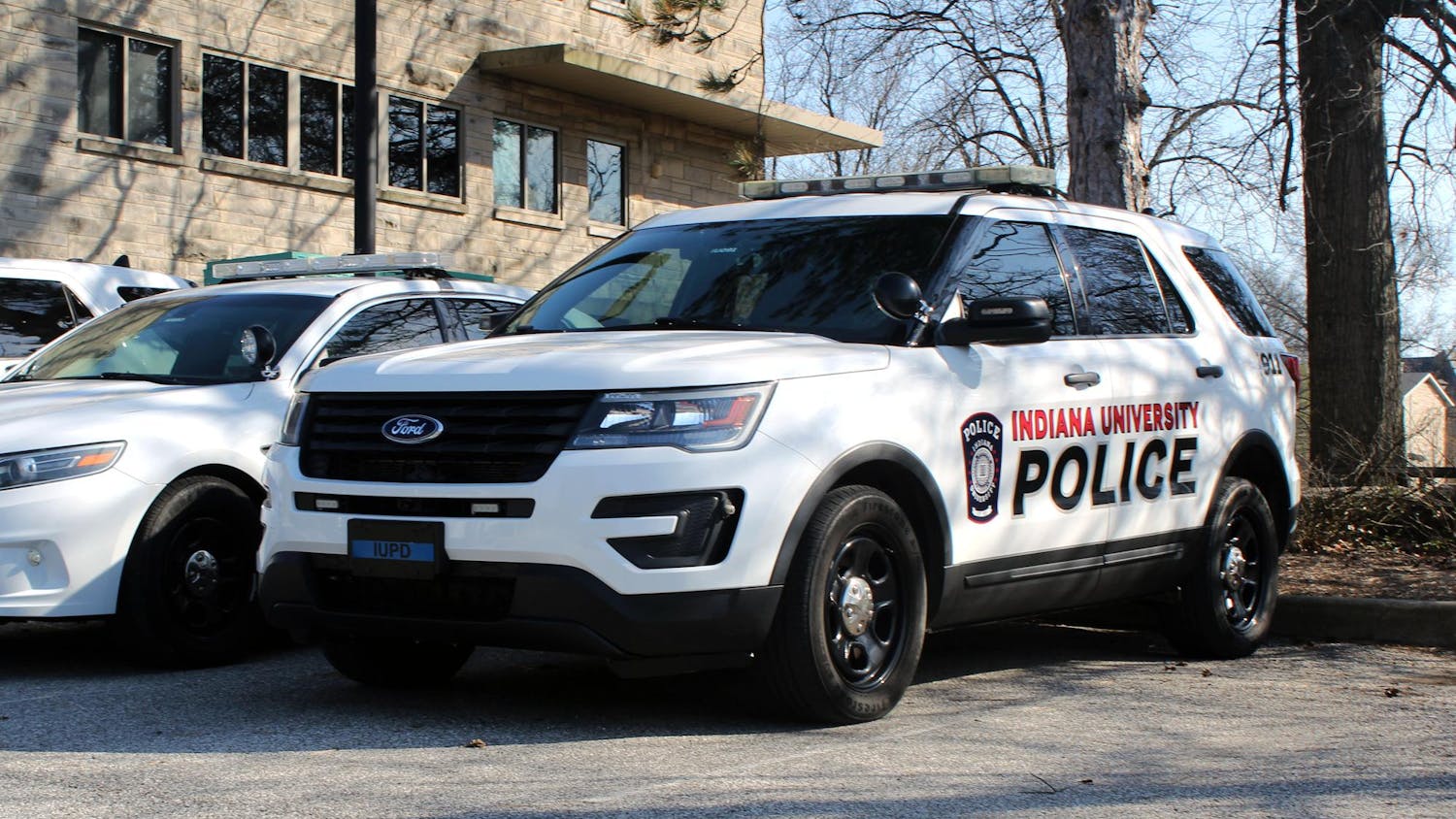In an effort to combat this trend, Bloomington adopted a curbside recycling program in 1991. Two years later, it implemented a pay-as-you-throw system for unit-based garbage pickup, according to the City of Bloomington website.
Under the city’s PAYT program, Bloomington residents pay only for the removal of the trash and yard waste they generate, which gives them more control over how much they spend on waste disposal.
The city’s PAYT policy requires the use of trash and yard waste stickers, which cost $2 and $1 each, respectively.
Trash stickers can be purchased at several locations, including all Kroger, Marsh and Bloomingfood stores, Sahara Mart, Bloomington Hardware and City Hall.
This type of system encourages people to recycle more and generate less waste, according to the U.S. Environmental Protection Agency website.
“When people are charged according to the amount of waste generated, they become more cognizant of their waste and have a greater incentive to reduce, reuse and recycle material,” ?according the City of Bloomington website.
These trash pickup policies have a few rules.
For one, each container or trash bag cannot exceed 35 gallons in size or 40 pounds in weight, according to the City of Bloomington website.
Bulky items such as couches, tables and mattresses require two stickers, and hazardous materials such as gasoline, tires, batteries and electronics are non-collectible items.
All commercial properties, including businesses, apartment complexes and housing developments with privately owned streets are exempt from the service, according to the City of Bloomington website.
Despite population increases, the amount of trash collected by the city has not surpassed levels since the 1990s.
Additionally, the amount of recycled material collected annually in Bloomington has more than doubled since 1991.
Further progress could be made by addressing those areas exempt under current policy, such as apartment complexes and condominiums, according to the City of Bloomington website.
Residents of such areas currently have no obvious incentives for waste reduction because they typically do not pay for their trash service directly.




